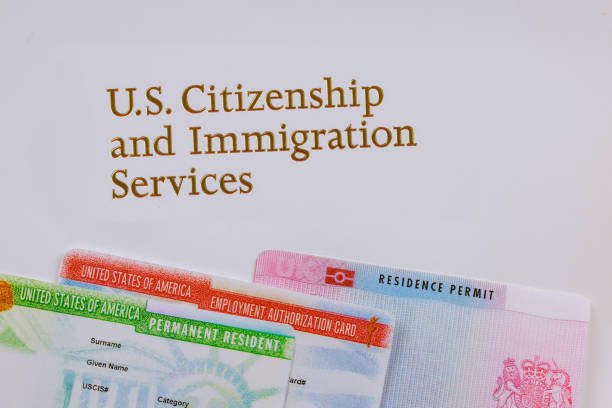Understanding Freeze Warnings: What They Mean and How to Prepare
As the weather will start getting cold in some parts of the country,pageopen41 they will start to hear weather forecasts mention something called ‘freeze warnings.’ Leroybeatooselfexplaining that freeze warnings do serve as a vital note of concern to the lawns, gardens, and home safety itself. In this installment, we will relate to you what freeze warnings are, why they are worthy of attention, and how to get through and take necessary precaution for one.
What to Why are Freeze Warnings?
When the weather is forecasted to drop freezer below 32 degrees Fahrenheit, the NWS warns for an extended duration. This warning is usually issued during the growing season, which is early spring through fall, when subfreezing temperatures can inflict considerable damage to crops and planting that are yet to harden and grow against cold weather.
A freeze warning is different from frost advisories, which warn of temperature ranges of 33 to 36 degrees that may lead to frost but not a hard freeze. While these can both be painful to sensitive plants, freeze warnings indicate a less likely but much more serious and prolonged drop in temperature.
Why Freeze Warnings Are Important
Freeze warnings represent an indispensable heads-up for gardeners, farmers, and homeowners alike.
Here is why you should pay attention to:
Protecting the Plants: Some plant species can be severely affected by temperatures below freezing. The effects will be considerably lighter on perennials, but most of the annuals and newly planted vegetation will be ruined unless urgent steps are taken to protect them.
Prevent Pipe Bursts: Usually, in older homes or unheated (not insulated) areas it could lead water pipes to burst during freeze. The repair of such a pipe break could cost much, besides causing water damage.
Protecting Animal Health: Special care should be taken with pets and livestock in freezing weather. Animals that are usually outside should be taken indoors or into an insulated structure to avoid hypothermia or frostbite.
Vehicle Maintenance: Cold can drain the battery, deflate tires, and reduce antifreeze efficacy. Winter-proofing can help stave off inconvenient breakdowns in the cold.
Preparing for Freezing Weather
When a freeze warning comes into effect, immediate action is needed to protect your property, plants, and pets. Some practical tips to prepare for freeze emergencies are:
Protect Your Plants
Covering Plants: Cover sensitive plants with blankets, tarps, frost cloths, or pieces of cardboard. Make certain that the covering extends down to the soil to keep heat in and insulate the roots.
Bring Potted Plants Inside: Take potted plants indoors to safeguard them against freezing.
Water before freeze: Moist soil retains heat better than dry soil, and giving your plants a healthy drink of water before freezing nights can provide good protection against the cold.
Prevent Pipe Freezing
Wrap Exposed Pipes: With either foam insulation or heat tape, cover outdoor and exposed pipes to prevent them from freezing.
Let Faucets Drip: Allow your faucets to drip slightly on nights when the temperature is extremely low to keep water moving in your pipes and help prevent freezing.
Open Cabinet Doors: You should open cupboard doors to allow warm air into the space if you have pipes laid along exterior walls so that they do not freeze.
Keep Pets Safe
Bring Pets Inside: During a freeze warning, pets should be brought inside. If not possible, provide warm, insulated shelter that includes plenty of blankets.
Check Temperature and Water Bowls: Outside water sources can freeze fast, so ensure pets have adequate fresh and unfrozen water at all times.
Winterize Your Car
Test Your Battery: Cold weather may drain the car battery very quickly. Be assured it is in good shape to work or replace as required.
Tire Pressure: Cold eaves air in tires contract, so always check your tire pressure, and top off if needed.
Keep Winter Supplies Handy: Stow a blanket, an ice scraper, and a few other winter emergency supplies in your car just in case.
Conclusion
A freeze warning is more than just a notification about cold weather; it is a wake-up call to take steps to protect your home, your plants, and your pets from severe damage. Adopt some precautionary measures to lessen such risks posed to your properties and loved ones from freezing temperatures.
Understanding freeze warnings and how to respond can assist homeowners, gardeners, or anybody wanting to be prepared get through the colder months with minimal fuss.







